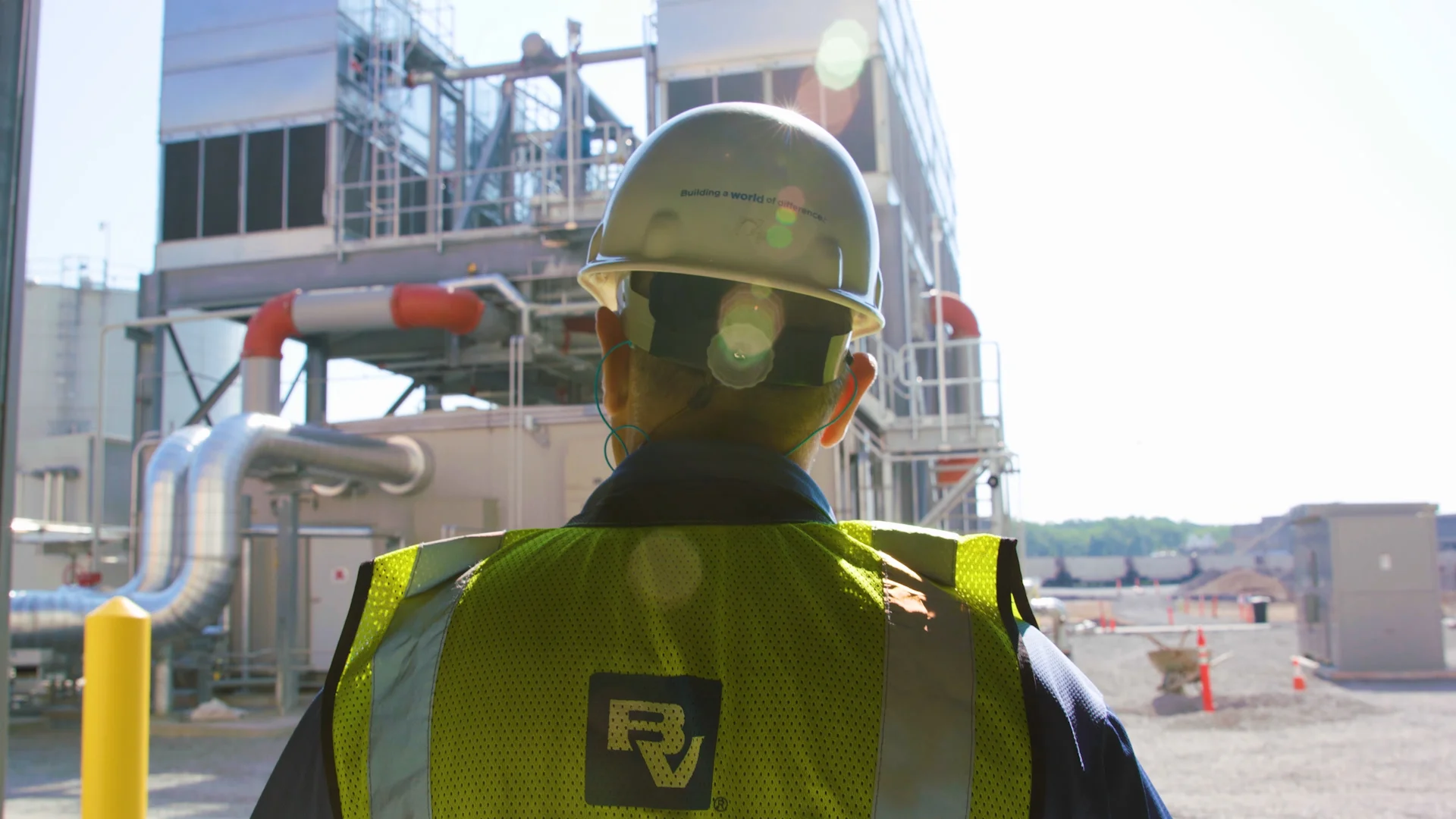Improving Grid Reliability
Improving Grid Reliability
The Mackinac station is the world’s first HVDC back-to-back system for transmission using voltage source converter technology.


The transmission systems in the Upper Peninsula (UP) and northern Lower Peninsula of Michigan are connected through submarine cables across the Straits of Mackinac. In recent years, the addition of new power sources, such as wind power, has provided a substantial increase in the electricity flowing from west to east across the Upper Peninsula of Michigan.
This addition of new power sources placed the submarine cables at the Straits of Mackinac and the electric power transmission system in the UP under significant stress. The American Transmission Co. (ATC) was forced to operate its system in the UP in a “split” configuration (i.e., the eastern and western sides of the system were not connected together) for long periods of time. Operating in this manner allowed the system to provide power to consumers, but maintenance and upgrades were extremely difficult, if not impossible, to carry out and the possibility of power interruptions remained high.
Improving Grid Reliability
The Mackinac station is the world’s first HVDC back-to-back system for transmission using voltage source converter technology.

ATC needed a solution that could control the power flow across the Straits of Mackinac and the UP, and at the same time operate reliably in challenging, remote parts of the system. The solution was a high voltage, direct current (HVDC) converter station using voltage source converter technology, operating in a back-to-back configuration to stabilize the system.
Black & Veatch assisted ATC in developing a comprehensive solution, starting from the initial system analysis through conceptual design, engineering, construction and commissioning for the HVDC converter station. As the owner’s engineer, Black & Veatch ensured that the project met the technical requirements needed to restore system flexibility.
“ATC needed an expert in HVDC technology, and we looked for a partner we could depend on to help educate, advise and assist with the Mackinac HVDC project. Black & Veatch was our unanimous choice.”
Ken Jauquet, Project Manager, American Transmission Company
The HVDC converter station is rated to transfer up to 200 megawatts of power bidirectionally and provide reactive power for local voltage support within milliseconds under extremely dynamic conditions. The benefits to ATC’s more than 300,000 customers are system stability, prevention of overloads and the ability to utilize more diverse sources of energy.
The project has allowed ATC to schedule outages so that upgrades to existing transmission infrastructure, as well as construction of new lines and substations, can take place as needed.


